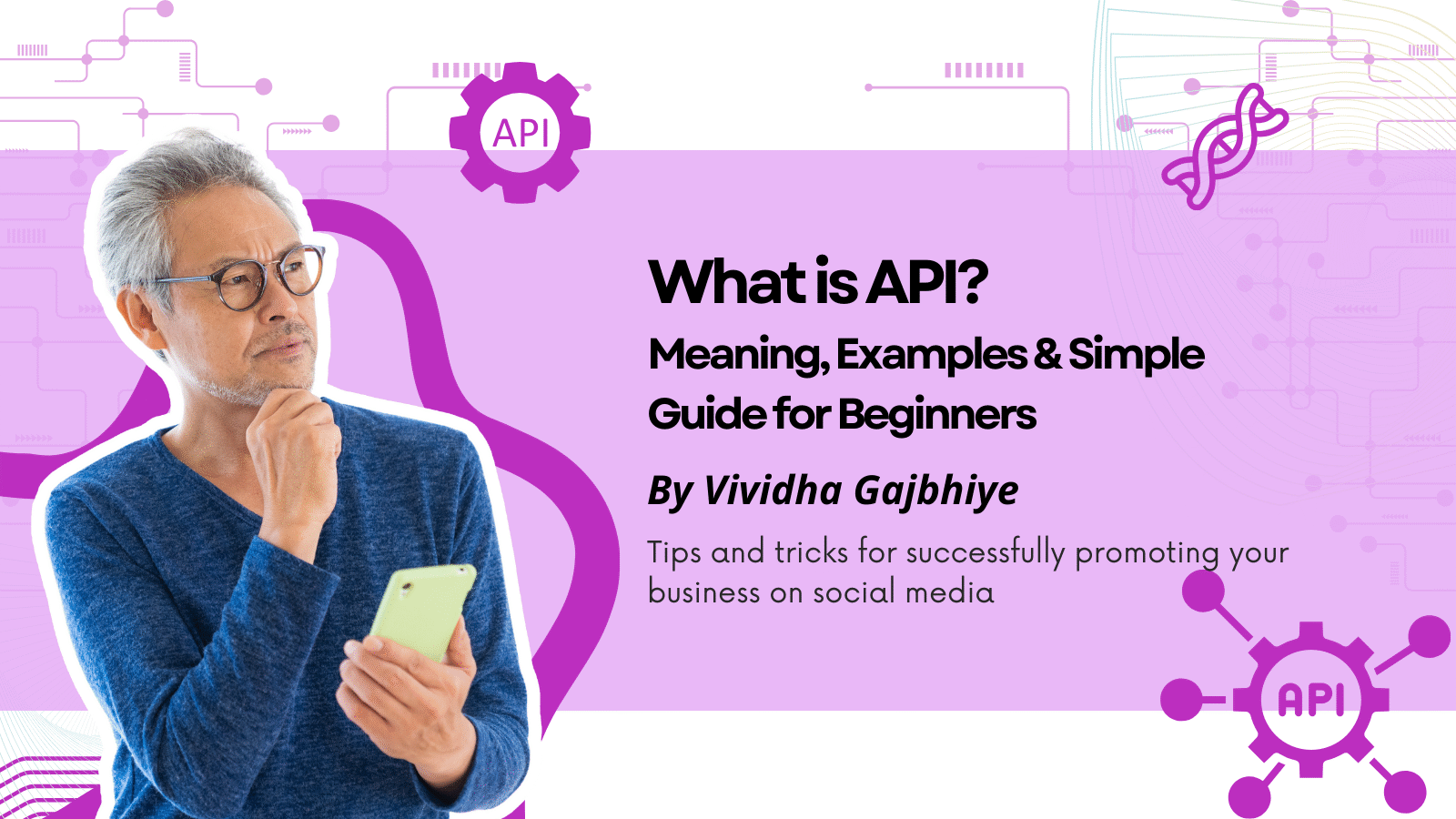What is API? how you ever think about this Have you ever wondered how your favorite apps like Zomato, Google Maps, or Paytm work so smoothly? You order food, track your delivery live, pay online, and everything just connects perfectly.
Behind the scenes, this “connection” happens because of something called an API.
What is API? API Meaning in Simple Words
API stands for Application Programming Interface.
But don’t worry about the technical name—think of an API as a messenger between two apps or systems.
👉 Example:
When you book a cab on Ola or Uber, the app shows you the map. But Ola or Uber didn’t build the entire Google Maps system. Instead, they use Google Maps API to show you the live location.
So, API = A bridge that helps one app talk to another.
Why is API Important?
APIs make our digital life easier every single day:
- Quick Payments → When you pay using UPI, your bank app uses an API to connect with the merchant.
- Social Media Sharing → Ever shared a YouTube video on WhatsApp directly? That’s an API at work.
- Login with Google/Facebook → Instead of creating a new account, you log in using existing details. That’s done via API.
Without APIs, apps would have to build everything from scratch, which would take years!
API in Real Life Example
Think of a restaurant 🍽️:
- You (the customer) order food.
- The waiter (API) takes your order to the kitchen.
- The kitchen (system) prepares the food.
- The waiter (API) brings the food back to you.
Just like that, the API is the waiter that passes your request and brings back the response.
Benefits of API
- Faster – Apps can connect and work together instantly.
- Cheaper – Developers don’t need to rebuild features that already exist.
- User-Friendly – Makes apps more powerful and easy to use.
Conclusion
So, next time you order food, book a cab, or make an online payment—remember that APIs are silently working in the background to make your digital life smoother.
👉 In short:
API = The bridge that connects apps, systems, and services to work together.

Add a Comment